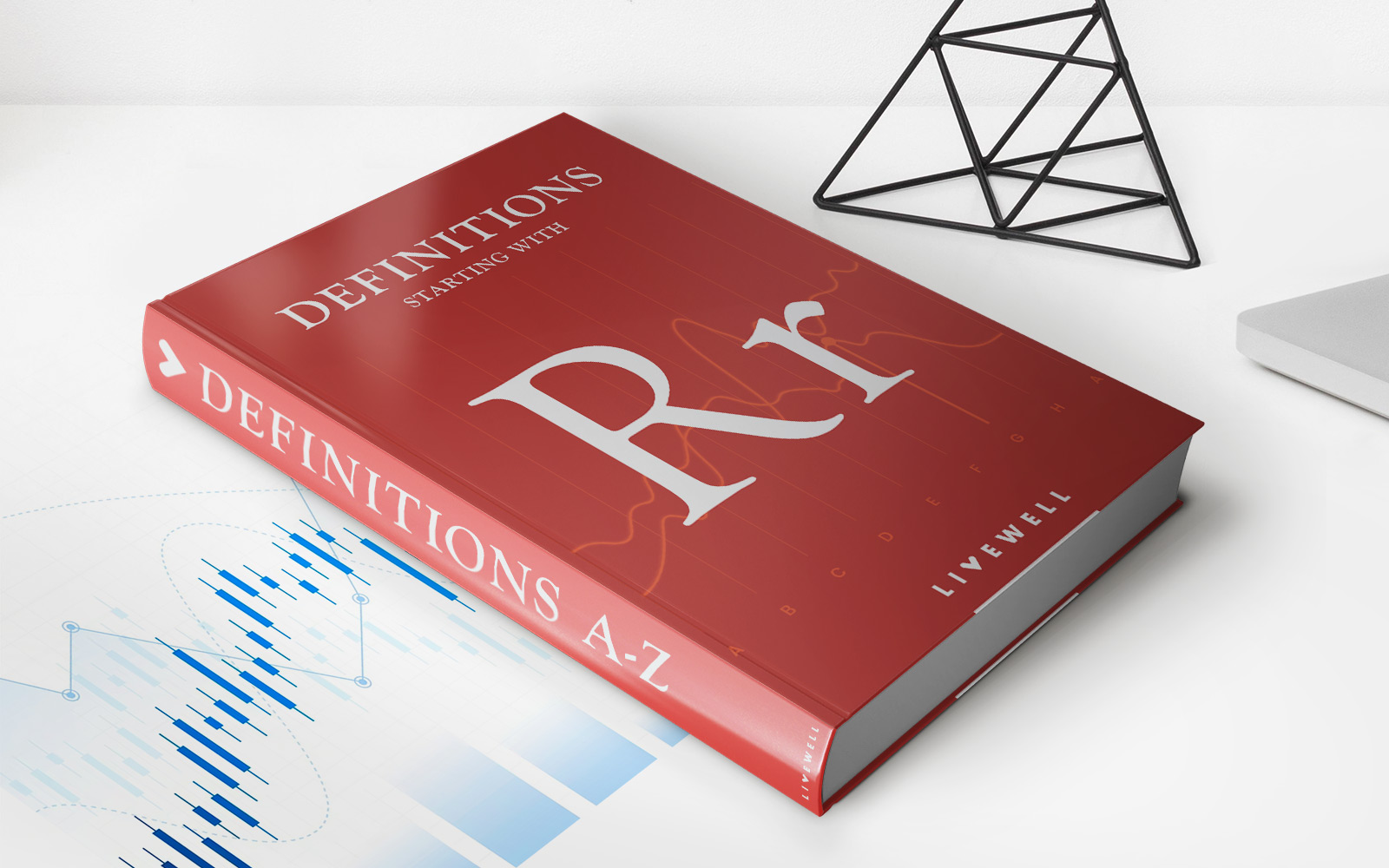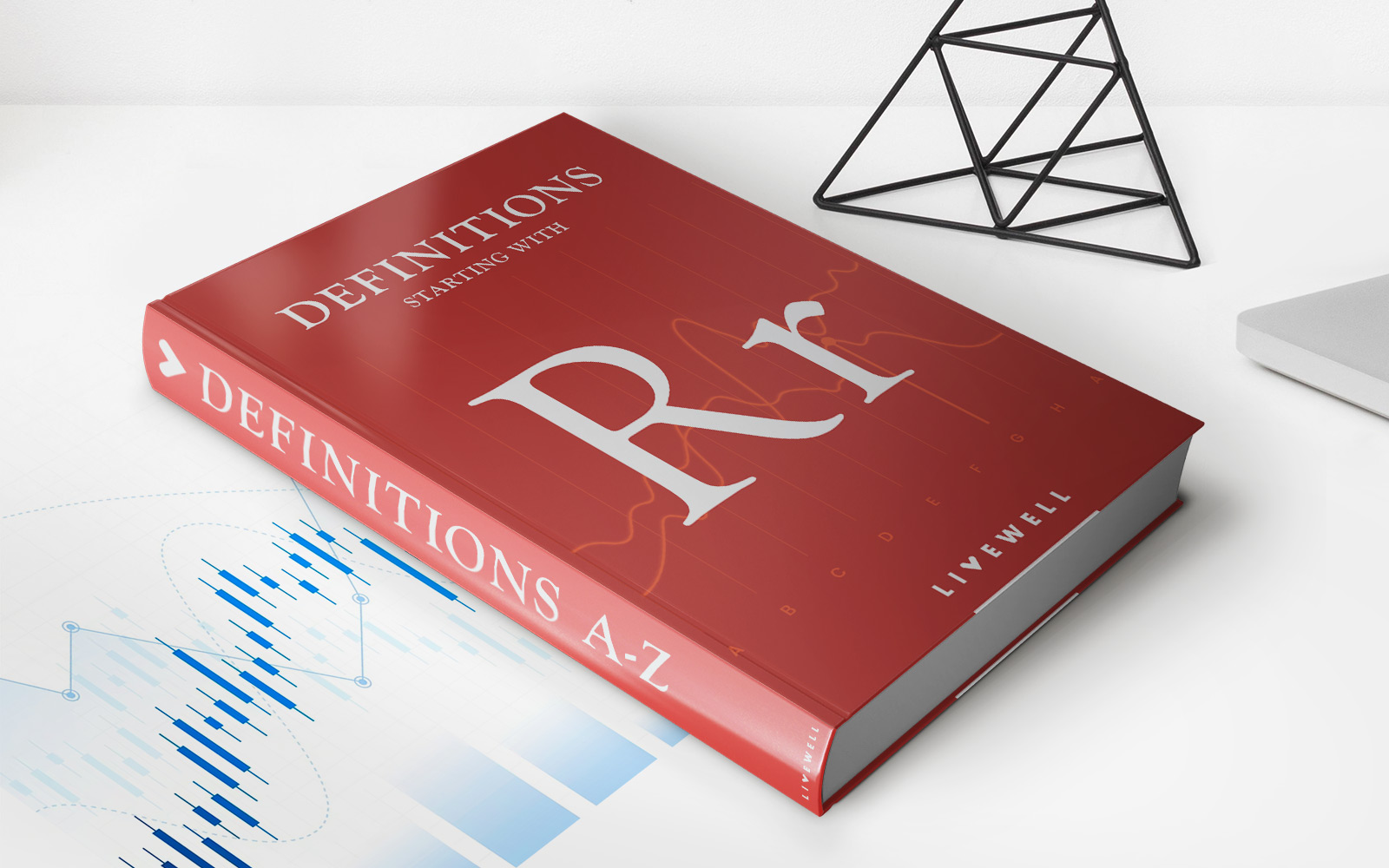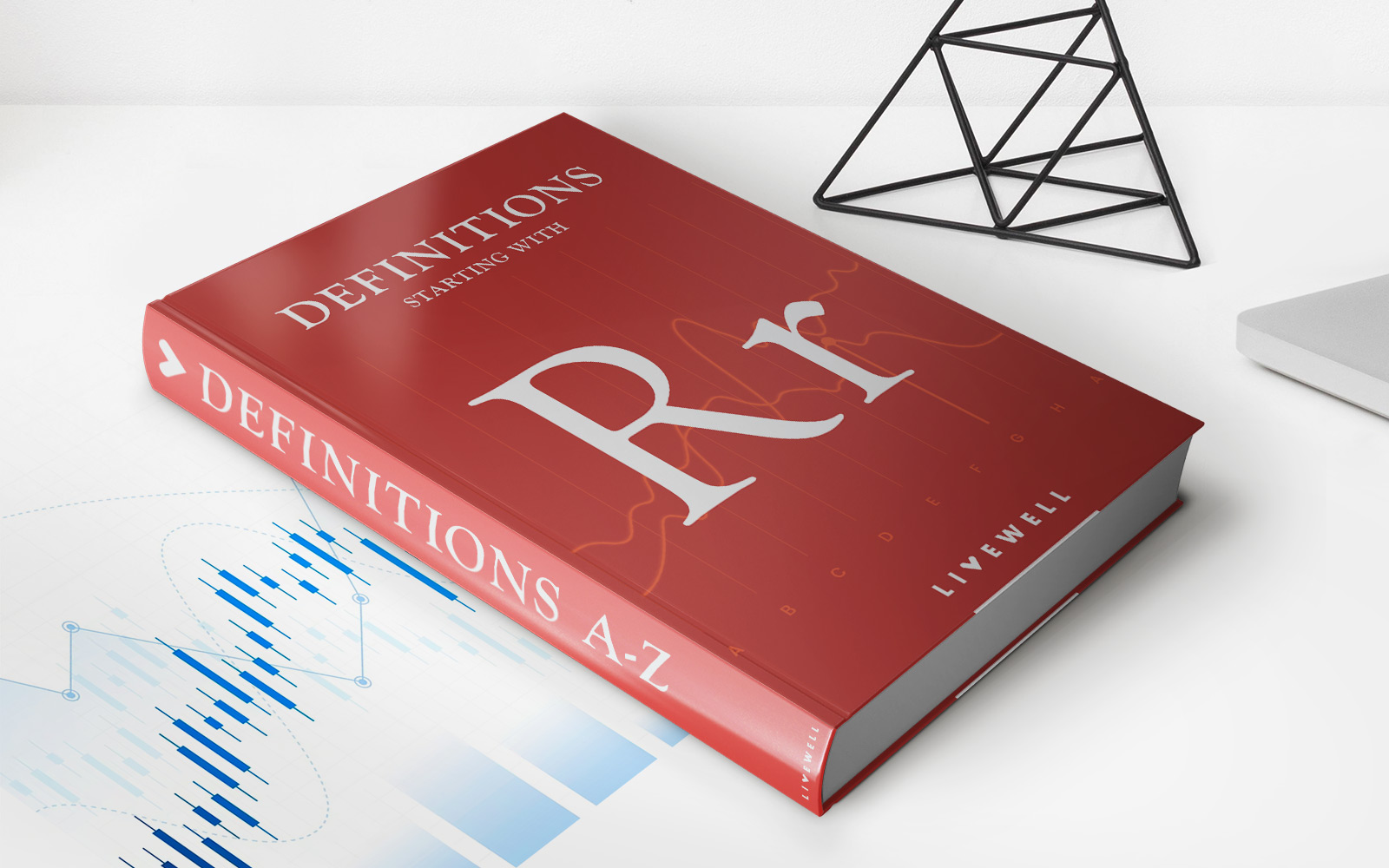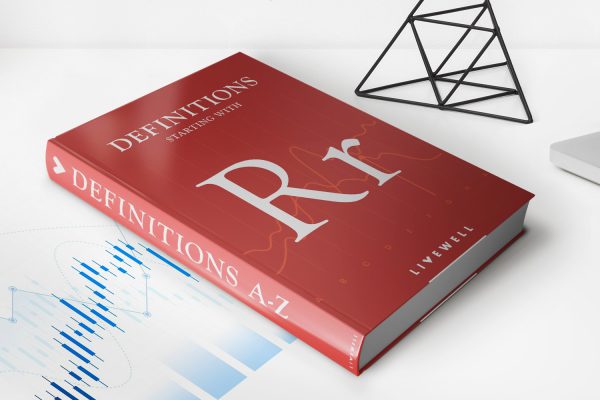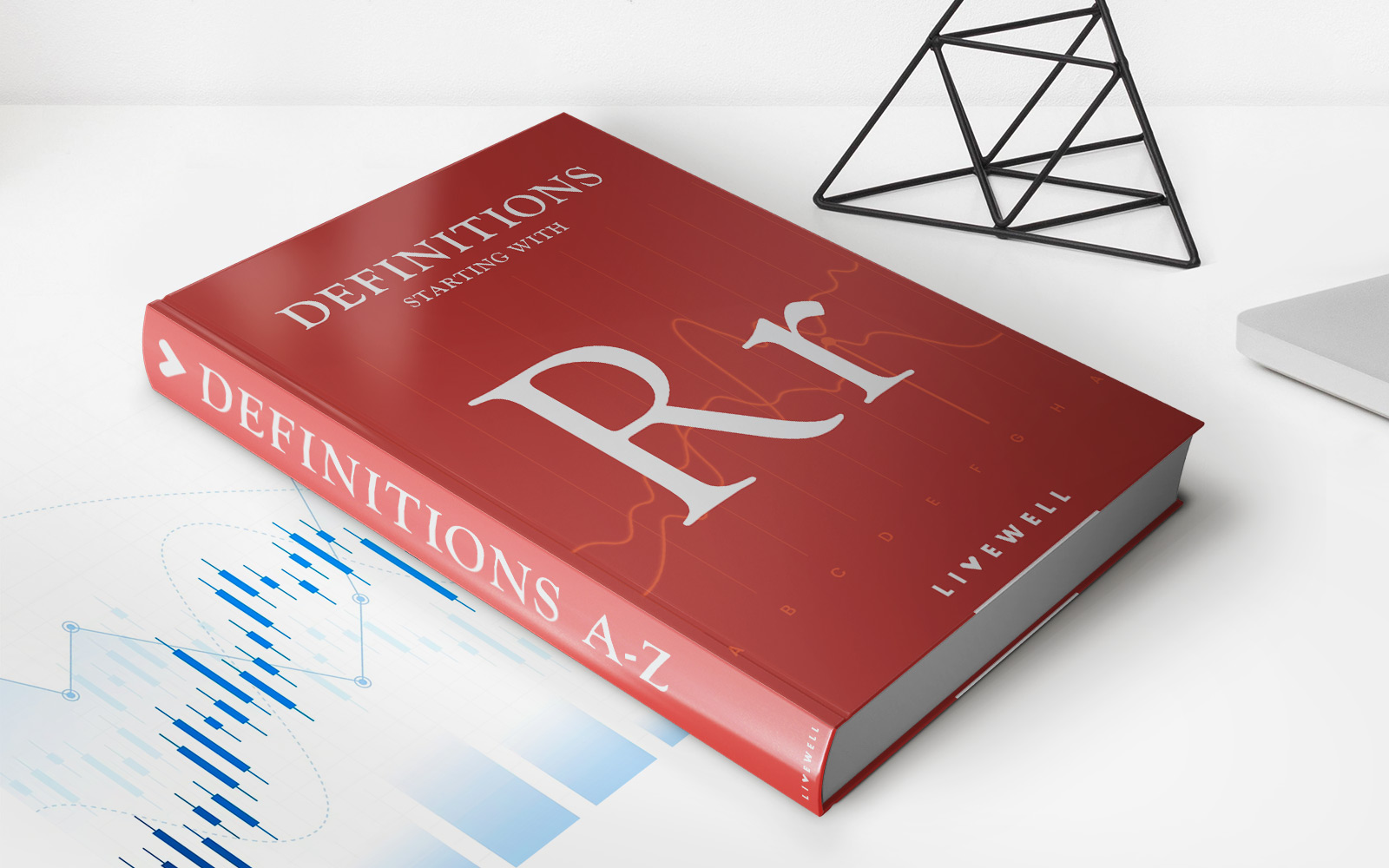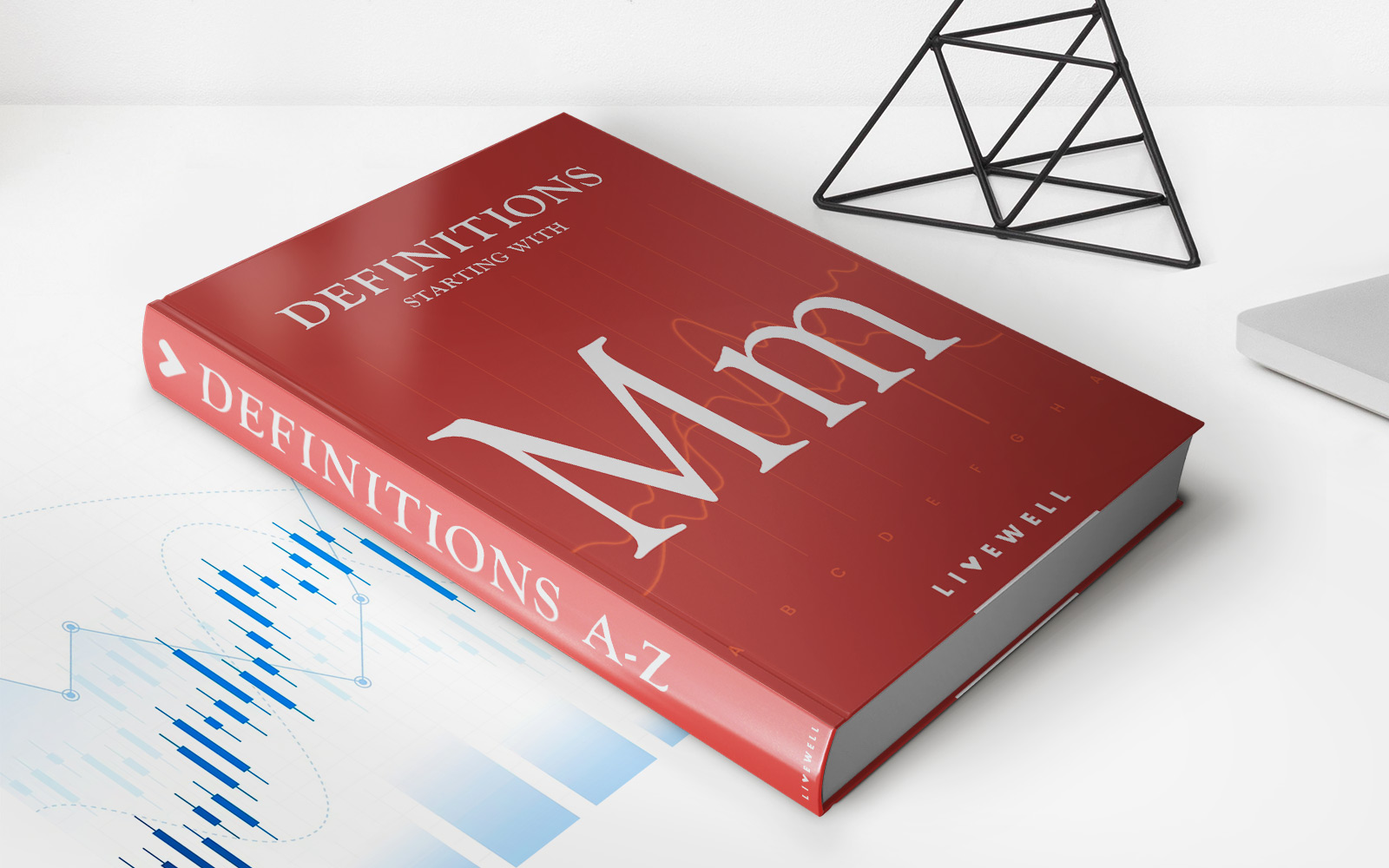Home>Finance>5-Year Rule: Definition For Roth, Traditional, And Inherited IRAs


Finance
5-Year Rule: Definition For Roth, Traditional, And Inherited IRAs
Modified: October 10, 2023
Learn the definition of the 5-year rule for Roth, Traditional, and Inherited IRAs. Understand the financial implications for your retirement planning.
(Many of the links in this article redirect to a specific reviewed product. Your purchase of these products through affiliate links helps to generate commission for LiveWell, at no extra cost. Learn more)
Understanding the 5-Year Rule: A Guide to Roth, Traditional, and Inherited IRAs
When it comes to managing your finances, it’s crucial to have a deep understanding of the various rules and regulations surrounding different investment vehicles. One such rule that plays a significant role in retirement planning is the 5-Year Rule. Whether you have a Roth IRA, Traditional IRA, or an Inherited IRA, knowing how this rule applies to each can help you make informed decisions and maximize your savings.
Key Takeaways:
- The 5-Year Rule is a requirement that governs the distribution of funds from Roth, Traditional, and Inherited IRAs.
- It determines the eligibility for tax-free or penalty-free withdrawals depending on the account type and various factors.
What is the 5-Year Rule?
The 5-Year Rule is a provision that establishes the timeframe during which certain distributions from retirement accounts can be made without incurring a penalty or additional taxes. The specific regulations differ depending on the type of IRA you have – Roth, Traditional, or Inherited.
Roth IRA and the 5-Year Rule:
If you have a Roth IRA, the 5-Year Rule determines whether the earnings on your contributions can be withdrawn tax-free. To qualify for tax-free distributions, you must satisfy two conditions:
- Your Roth IRA must be open for at least five tax years.
- You must be at least 59½ years old, permanently disabled, or using the funds for a first-time home purchase ($10,000 lifetime limit).
If you withdraw earnings from a Roth IRA before the 5-year mark or don’t meet the age or qualified expense criteria, you may be subject to taxes and penalties on the earnings portion of the withdrawal.
Traditional IRA and the 5-Year Rule:
The 5-Year Rule for Traditional IRAs primarily revolves around rollovers and conversions to Roth IRAs. When converting or rolling over funds, the 5-Year Rule applies to each Roth IRA account that receives the converted or rolled-over amount. This means that different Roth IRAs may have different 5-Year Rule periods based on when they were established.
It’s important to note that the 5-Year Rule does not affect penalty-free withdrawals from Traditional IRAs after age 59½. These withdrawals are subject to ordinary income taxes, but the 5-Year Rule specifically pertains to tax-free withdrawals from Roth IRAs.
Inherited IRA and the 5-Year Rule:
If you inherit an IRA from someone who has already passed away, the 5-Year Rule applies to Inherited IRAs. This rule specifies that you must withdraw all funds from the account within five years of the original account holder’s death.
There is an exception to the 5-Year Rule for Inherited IRAs known as the “life expectancy method.” This method allows beneficiaries to take distributions based on their own life expectancy, stretching the tax-deferred growth of the inherited funds over a longer period.
Key Takeaways:
- The 5-Year Rule determines tax-free or penalty-free distributions for Roth, Traditional, and Inherited IRAs.
- For Roth IRAs, the rule applies to the tax-free withdrawal of earnings.
- Traditional IRAs are subject to the rule when converting or rolling over to a Roth IRA.
- Inherited IRAs must adhere to the rule by withdrawing all funds within five years of the original account holder’s death.
Understanding the intricacies of the 5-Year Rule is essential for effective retirement planning. By familiarizing yourself with these regulations, you can make informed decisions regarding your IRA and ensure that you are optimizing the tax advantages and benefits available to you.
Remember, for specific advice tailored to your financial situation, it is always wise to consult with a financial advisor or tax professional.

